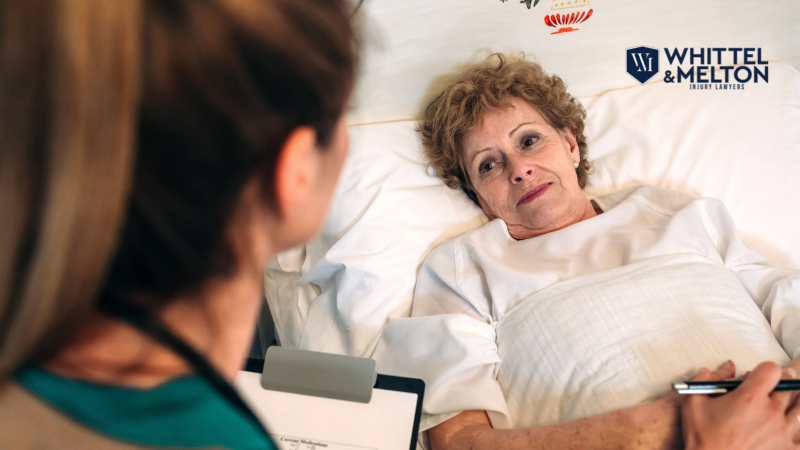Hurt in a Car Accident or
Motorcycle Crash? Lost a Loved
One in a Wrongful Death?
Citrus County Nursing Home and Assisted Living Facility Injury and Death Lawyer

While it is great news to hear that a full 100 percent of Citrus County’s nine nursing homes are in compliance with the state’s emergency power mandate that went into effect June 1, of the county’s 24 assisted living facility (ALF) providers, just 14 have complied, according to the latest data from the state Agency for Health Care Administration (AHCA).
The new emergency guidelines ensure that facilities have enough backup power, like on-site generators, to provide 96 hours of air conditioning during a power outage caused by a hurricane.
Florida’s Emergency Power Plan: Compliance Rates and Regulations for Nursing Homes and ALFs
For the entire state of Florida, AHCA data shows 100 percent compliance among all 684 statewide nursing homes. And 1,722 out of the state’s 3,097 ALFs have met the mandate’s requirements, for a 55.60 percent compliance rate.
Gov. Rick Scott proposed the emergency power plan rule after a dozen older people died in a Hollywood Hills nursing home during and after Hurricane Irma. The Florida Legislature passed a rule requiring facilities to verify the installation of a working generator or alternate backup power source by June 1, the start of hurricane season.
Florida is one of the first states in the nation to require emergency generators at all nursing homes and ALFs.
Facilities that fail to comply are subject to fines or sanctions of up to $1,000 a day and revocation of their license to operate in Florida.
Extension Plans for Florida Nursing Homes and ALFs
As of June 15, 524 nursing homes and 1,027 ALFS filed extensions to complete these requirements.
Extensions can be granted for construction delays, zoning, or regulatory approvals if the facility submits cooling plans to keep residents safe for 96 hours. Obtaining an extension means that the facilities are still in compliance with the law, even if the backup power is not fully in place or they have not been inspected.
Facilities that have filed extensions must have plans that include:
- Bringing a temporary generator onsite during power outages
- Contracting for priority fuel replenishment during a power outage
- Moving residents to common areas that can be cooled with an existing generator
- Evacuation if needed
AHCA said it will cost Florida nursing homes more than $186 million to comply with the generator requirement. The agency based its estimates on information from the nursing home industry, which stated that a generator for a 120-bed facility would cost $315,200. Using those figures, AHCA estimated the average cost per bed at $2,626.66.
Protecting Nursing Home Residents from Negligence and Power Outages
The 2018 hurricane season has begun and continues until November 30. The peak season occurs between mid-August and late October.
Hurricanes in Florida are powerful, with winds of 74 miles per hour or higher. When they make landfall, they bring heavy winds, rain, and flooding. It’s important to be prepared. That’s why the AHCA is introducing new requirements for nursing homes and ALFs.
Losing power during a hurricane, such as Hurricane Irma in 2017, is common. However, facilities should have back-up systems and plans to keep residents safe. If you or a loved one was injured in a nursing home or assisted living facility due to negligence, you may have grounds for legal action. This includes injuries before or after a hurricane.
Our Citrus County Nursing Home and ALF Neglect Attorneys at Whittel & Melton are here to help. Call us today at 352-726-0078 for a free consultation, or contact us online.















